Voice cannot happen without the right

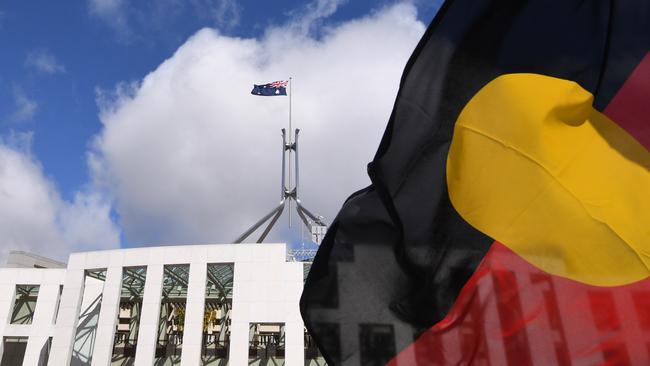
In the wake of his election victory, new Prime Minister Anthony Albanese unequivocally committed his government to a referendum on the voice. For the first time, the issue is at the heart of Australian politics.
On Friday, God came out for the voice. Or at least his accredited distributors in Australia did.
In an amazing exercise of consensus, religious leaders covering the vast majority of Australian believers emphatically endorsed the Indigenous voice, solemnly declaring the proposal to be “necessary, right and reasonable”.
This holy block unites faiths whose struggles and disagreements have rung through the ages with crusades, burnings and nasty executions. Muslims, Catholics, Anglicans, Protestants of all varieties, Jews, Sikhs, Hindus and Buddhists now stand behind the voice.
This unprecedented alliance shows three things. First, the voice is not a fringe issue promoted by Indigenous activists and their leftie allies. It has the considered support of a vast array of serious people concerned with serious issues.
Second, from a conservative point of view, these religious Australians simply cannot be ignored. Many of them comprise what is left of the Coalition’s base. There is nothing more conservative, in the truest sense of the word, than a belief in God that spans millennia.
Third, the basis of this thunderingly polite statement is not political, but fundamentally philosophical.
At the heart of all great religions are two basic propositions. The first insists on the irreducible value of every human person. No one’s existence can simply be dismissed, be they ever so weak and ever so vulnerable. This statement endorses the voice from Indigenous people as an inherent expression of this mere humanity.
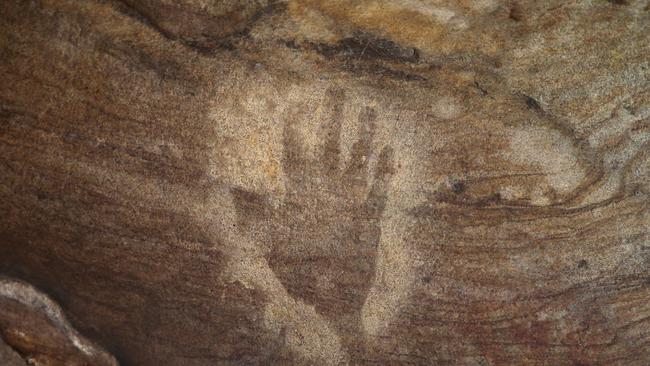
The second proposition is that all societies and their members should act in the common good. This is not crude majoritarianism. Our individual and collective responsibility is to produce a better society.
Thus, as a religious imperative, the Voice is advanced not just as something that will benefit Indigenous people, but as something that will make us as a people and Australia as a nation truly better.
Could any basis of reasoning be more profoundly moderate, reasonable and just darned conservative? Robert Menzies would at least have the ghost of a smile, and Edmund Burke would pat him on the head.
None of this should come as any surprise. As an exercise in constitutional design, the voice was carefully developed as a proposal that would work with, rather than against, a modest, essentially conservative Constitution. Conservative politicians and lawyers planned with and for Indigenous people to precisely that end.
Previous sweeping proposals for Indigenous recognition would have tangled with the Constitution and ensured defeat at referendum. Famously, a judicially enforced equality clause would have undermined parliamentary democracy and attracted furious opposition from political and constitutional conservatives alike.
The voice will do none of this. Yes, it will be in the Constitution, as are other important aspects of our polity: bicameral parliaments, freedom of interstate trade and Tasmania. But the voice will converse, not dictate. It cannot enforce its will on parliament, or hogtie the legislative process. What it can do is speak – as humans may – and if parliament has any sense, it will listen, but does not have to obey,
Right-wing critiques that something like the voice should not be in the Constitution, and should be subject to abolition by parliament, are simply uninformed.
Canberra’s power over “weights and measures”, for example, is solemnly enshrined in the Constitution. Is a clause guaranteeing a voice to our Indigenous citizens somehow less important?
Nor can we take those humble words out of the Constitution without a referendum. Are we seriously suggesting that institutional expression of Indigenous opinion, on the contrary, should be dispensable at parliamentary fiat?
Neither is the argument that no particular people deserves a special place in the Constitution remotely convincing. My people – the Anglo-Celts – have a very special place, as that document adopts precisely our form of government. It even specifically mentions us in its preamble.
But the argument fails on its fundamental premise. Factually, Indigenous people are indeed special. They were here first. They have been here for 60,000 years. We took their land and their law. For more than two centuries, they have lived in deprivation and vulnerability.
For God’s sake – as our religious leaders might say – what is not special about these founding people, and why should this not be reflected in our founding document?
Some people may choose to characterise this as social justice, positively or negatively. But it truly is conservatism made flesh.
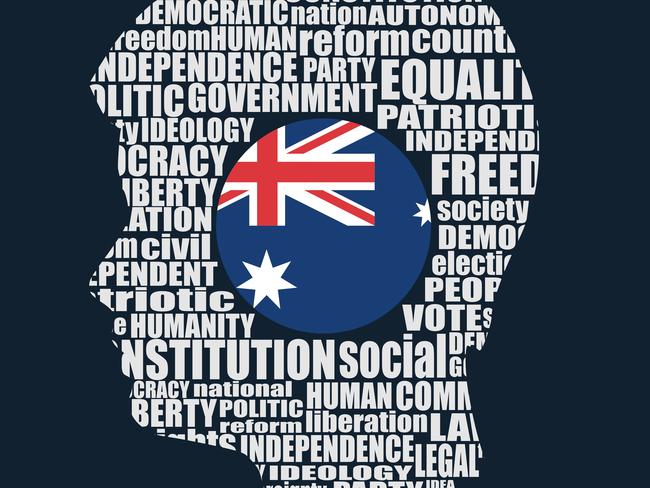
All of which is just as well, because however right the proposal for the voice may be, it is going to need conservative support to win a referendum.
Bipartisanship as a precondition for referendum success is as much a truism as that water is a precondition to fish. Trust me. I was a member of the leadership team for the Yes campaign in the 1999 republican referendum. We were eviscerated by the then Liberal prime minister John Howard’s skilfully aimed assaults. No one can remember a referendum proposal that survived the cohesive opposition of one side of politics.
Recently, there has been a little attempted revisionism here. All those failed referendums were a long time ago. The 1967 referendum including Aboriginal people in the census and allowing the commonwealth to make laws for them was passed overwhelmingly. Social media will make all the difference. The polls are good.
Sadly, all of this is fantasy. It falls within that sad, futile genre of constitutional literature called “My referendum will be different”.
If effectively no partisan referendum proposals have succeeded, why would we think this one will be different? The 1967 referendum was so small in impact and so obviously right that it is amazing anyone voted against it. This one packs a large symbolic payload, and already has bitter enemies.
Why will social media be so much better for this proposal than television, radio and print were for earlier ones, and do we not think that enemies of the voice can use computers and iPhones?
Finally, referendum pre-polls have a sickening reality to them. On any half-reasonable idea, they start high, especially when there is no detailed proposal. From then on, they dive towards referendum day.
Months before the republican referendum, optimistic proponents were rejoicing over polls they thought would land us in the sunny uplands of 80 per cent. But we ended up with a cringe-making 45 per cent. We carried not a single state.
The voice will go the same way unless Indigenous leaders and Albanese firmly face the challenge of bipartisanship.
The real issue here is not a question of good media and attractive packaging. The Australian people are by disposition constitutionally cautious. They know they have a pretty good Constitution, so they will not change it if they perceive the least danger.
What this means is that as many opinion leaders as possible – plus some more – need to be in favour of the voice. Lisa Wilkinson and the Mosman Muppets just are not enough.
Of course, some political cynics might argue that after its recent election loss, the Coalition is a spent force and could not defeat a referendum with a shotgun. They are kidding themselves. Winning an election is hard. As history shows, defeating a referendum is easy. All it takes is a few scares and a barely adequate conspiracy theory.
Other voices of pragmatism could argue that there is no chance of persuading a (presumably) Dutton-led Coalition to support the voice. After all, he has in the past derided it as a “third chamber” of parliament.
Even worse, the most likely predicted reaction of the Liberals to their electoral drubbing is that they will move to the right. If so, the voice would be an obvious issue for a little robust differentiation, and to provide red meat to the base.
Perhaps. But Dutton is a more complex character than is sometimes supposed. He is pragmatic, rather than ideological. He voted Yes for same-sex marriage, which should give progressives pause for thought.
A few comments about a “third chamber” are not a settled position. After all, even Barnaby Joyce recanted on that one.
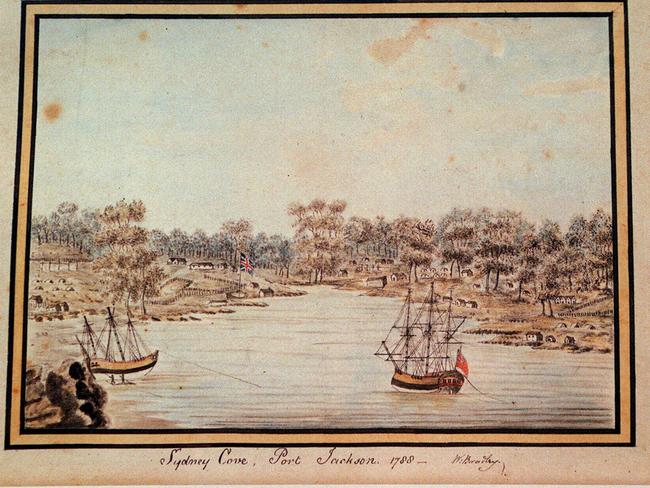
In fact, some who have had private conversations with Dutton about the voice report him as being thoughtful on the issue. He would at least contemplate supporting “the right” proposal.
This is where the issue of bipartisanship becomes serious.
Albanese and his incoming Indigenous affairs minister, Linda Burney, have both favoured a “bipartisan” approach. But they usually add that if the Coalition decides not to reciprocate, Labor will go it alone.
This is not bipartisanship. It is a take it or leave it approach, where Labor and allied progressives will develop their own model, and present it to Dutton as a fait accompli. This would destroy any chance for bipartisanship, and take the voice down with it.
Realistically, if Albanese and Indigenous leaders want bipartisan support they need to have a bipartisan model. This means having conservative voices, technicians and influencers inside the actual design process who can help steer around rocks and scream loudly about any full-scale reefs.
This could be unwelcome advice to Labor after a very satisfying electoral win. But it should be remembered that it was the combination of prescient Indigenous leaders and sympathetic conservative thinkers who first scrawled the constitutional blueprint for the voice.
That blueprint, for an ongoing and profound dialogue between Indigenous Australia and our constitutional organs, was carefully considered, refined and adapted by Indigenous leaders and their communities. Then – by their thought, their words, and their authority – the concept became a crucial component of the Uluru Statement From The Heart, sharing in that statement’s emphatic moral and social force.
Had this not happened, Labor’s preferred constitutional trailblazers would have led them into the dry-gulch of radical constitutional reform containing such referendum killers as a judicially enforceable guarantee of equality: the so-called “one-line bill of rights”.
There is one other set of figures who need to be contemplated. To get the voice to referendum, Albanese will have to carry the Senate.
On all reasonable predictions, Labor will not have the numbers on its own. That means relying on either the Greens, or paradoxically, the Liberals.
Most pundits assume it will be the Greens striding forward with Labor, but there is a problem. The Greens policy on the voice is very different to that of Labor. The Greens want the voice delayed until after a comprehensive treaty process and a deep truth-telling exercise. Each would take years.
Even if the Greens agreed to put the voice first, they presumably would insist on a formal commitment to treaty and truth – both part of Uluru – but also demand their stamp be upon it.
Truth-telling, for example, could be a deeply uniting experience, or an exercise in division.
Directed by the Greens, it inevitably risks being the latter. As a dessert to the voice, it would poison any referendum, in much the same way as furphies about the flag burdened the republic.
The irony therefore looks something like this: in all justice and honour, the nation needs the voice – but Albanese will need conservative support to deliver it.
Emeritus professor Greg Craven is a constitutional lawyer and a director of Uphold and Recognise.


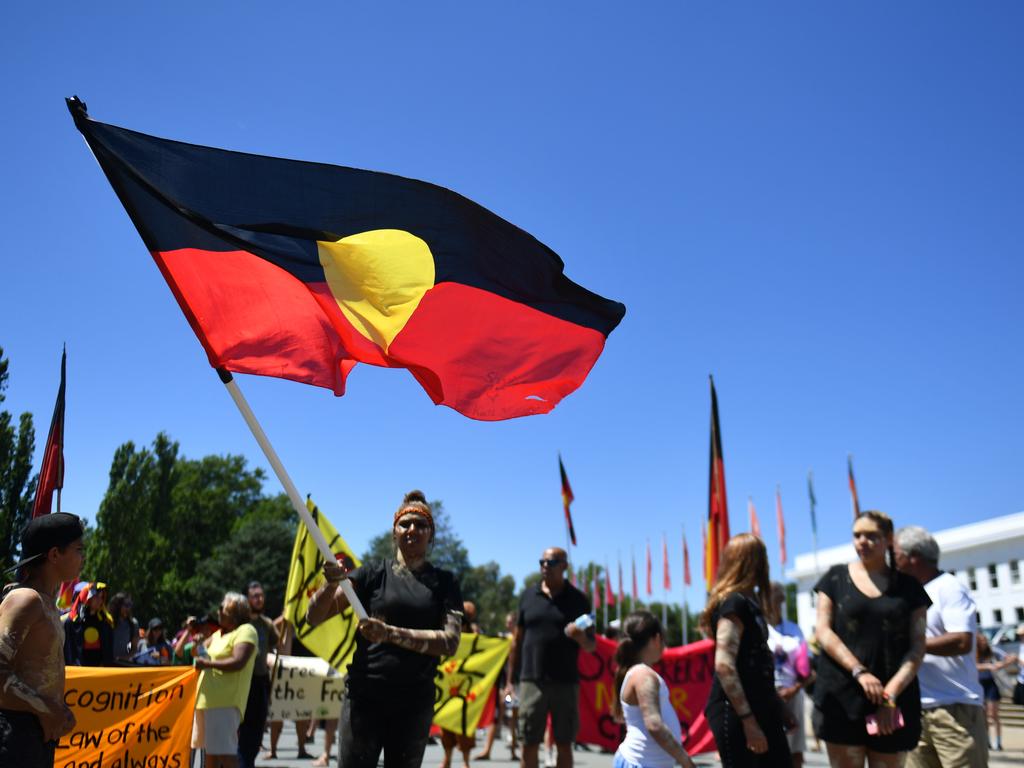
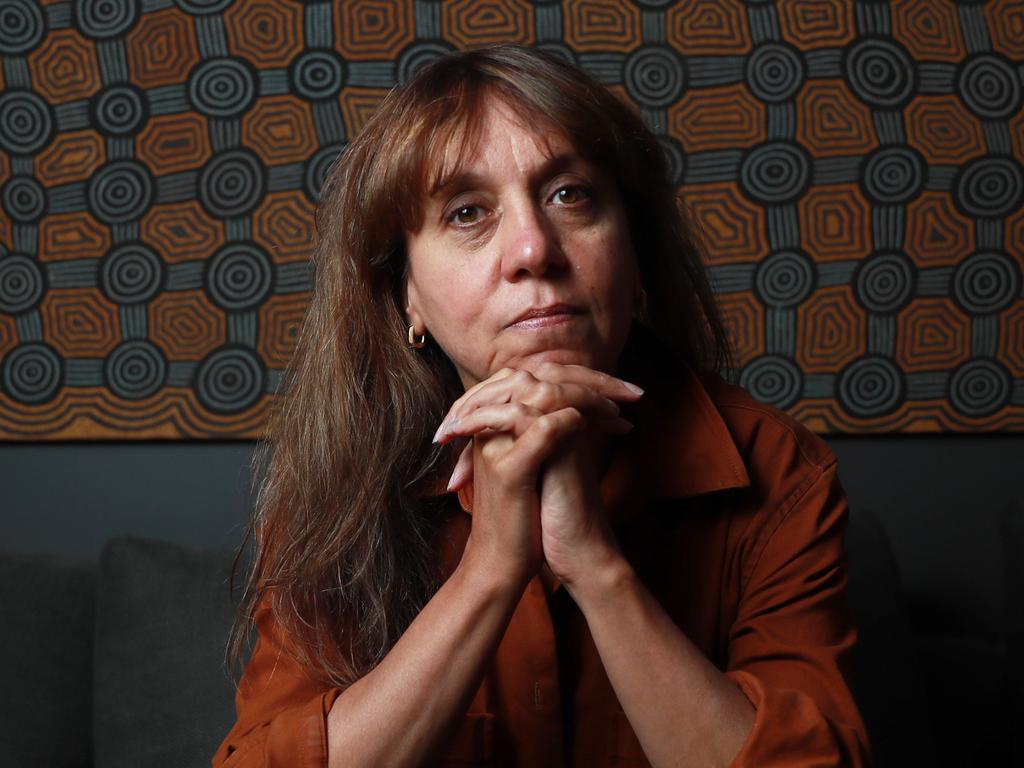
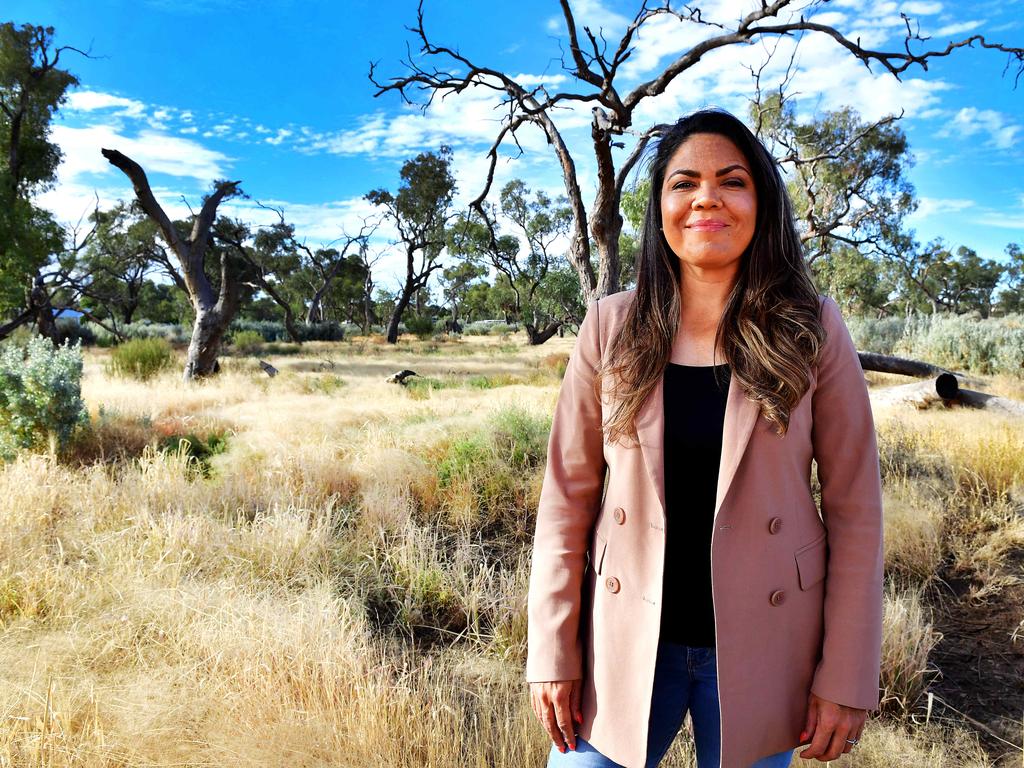


Over the past week, the Indigenous voice to parliament has received two critical endorsements. The first was political, the second divine.